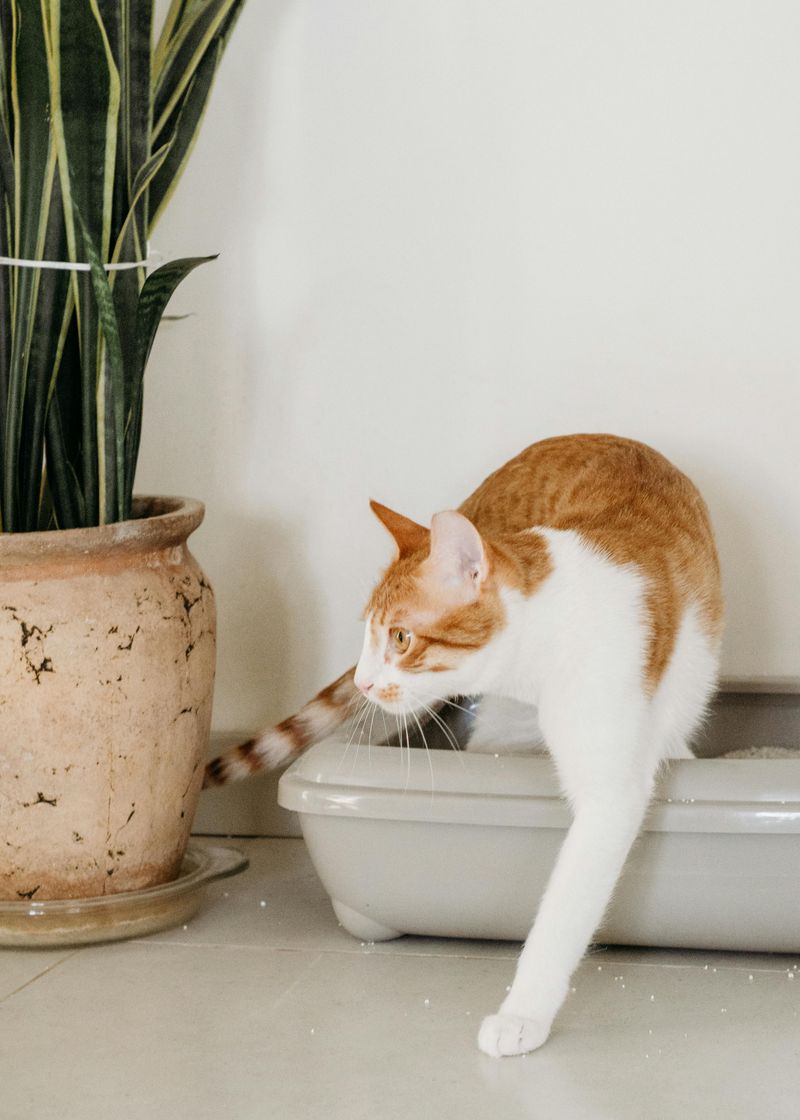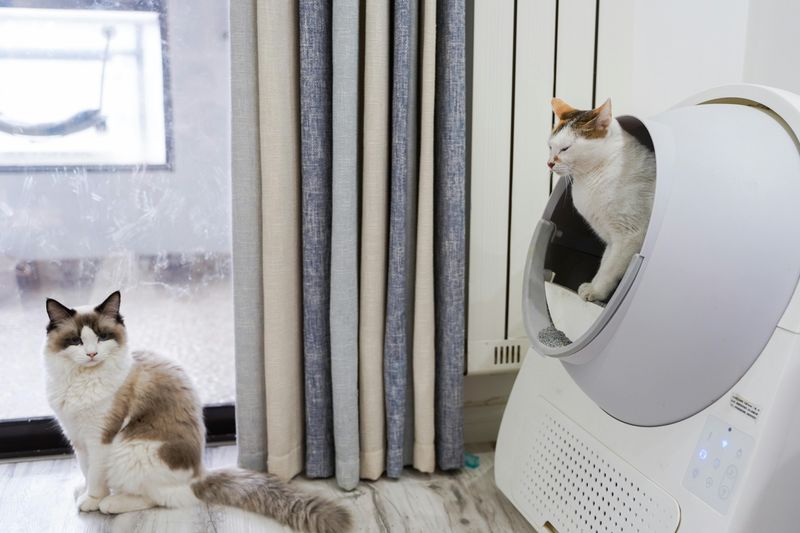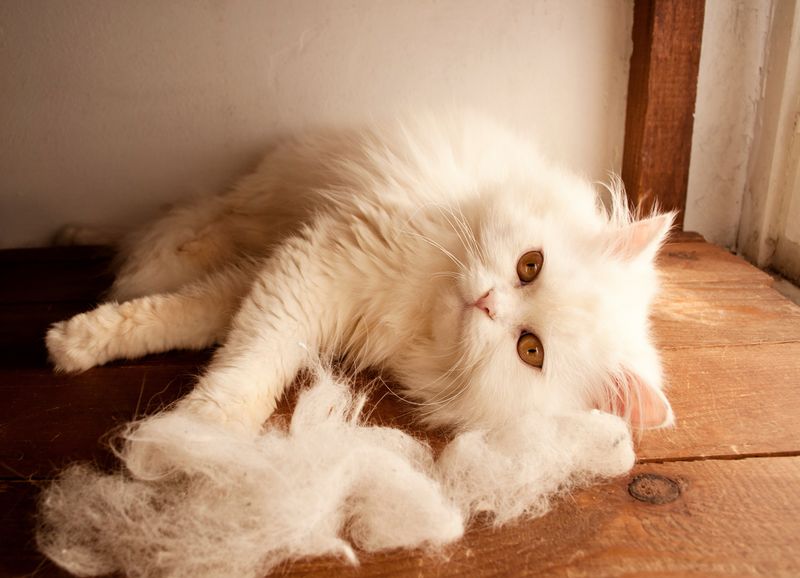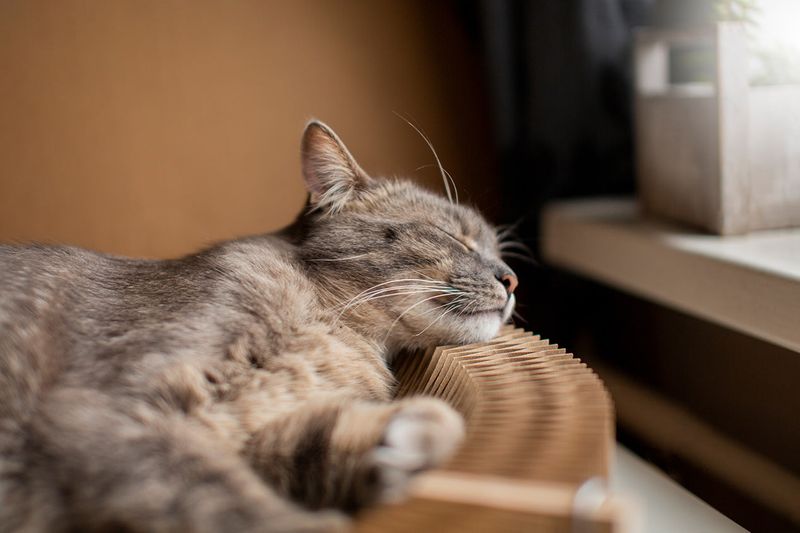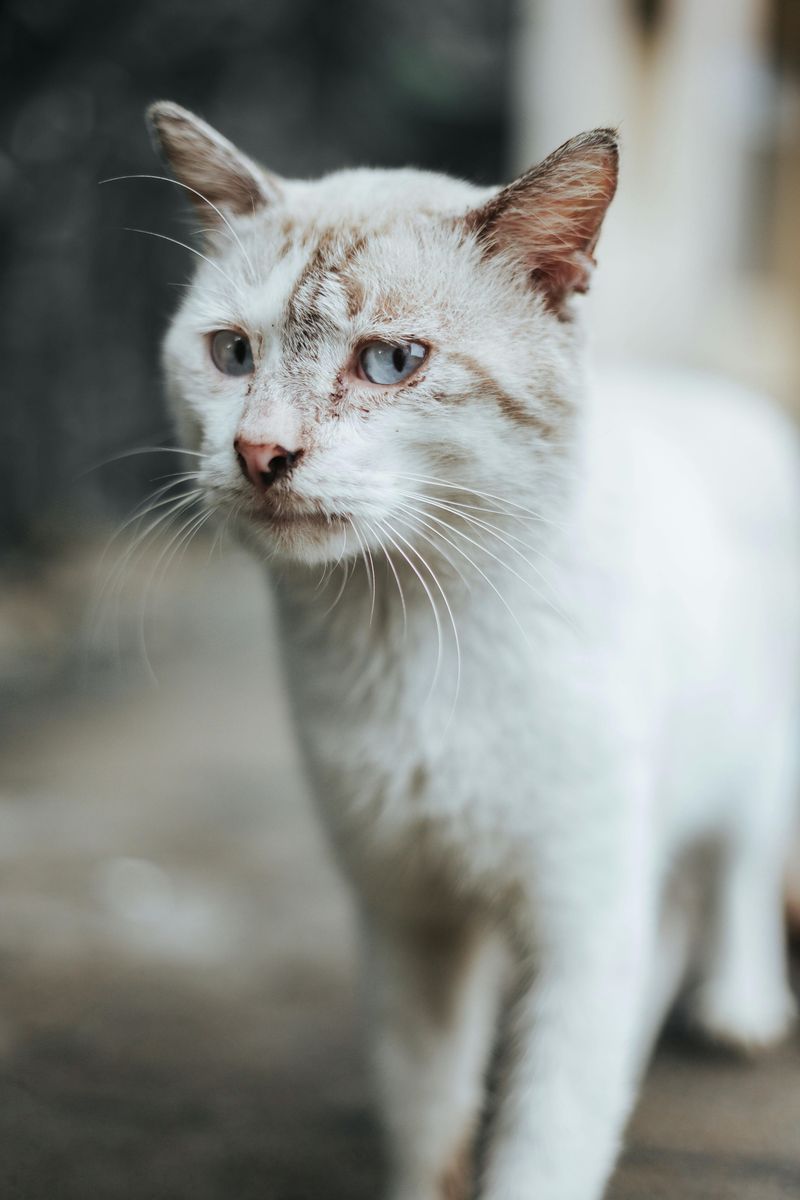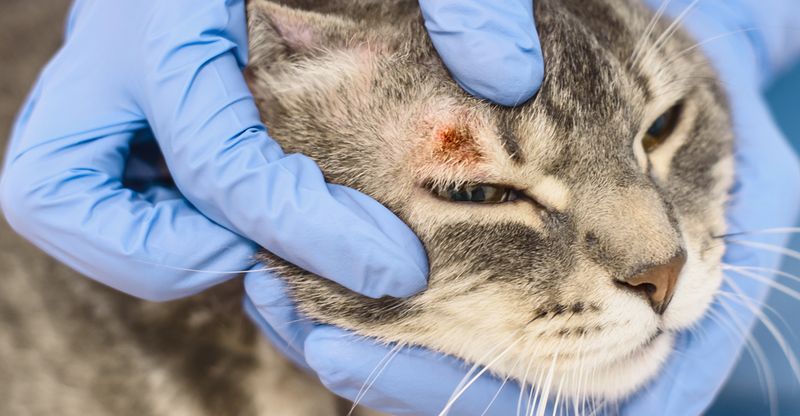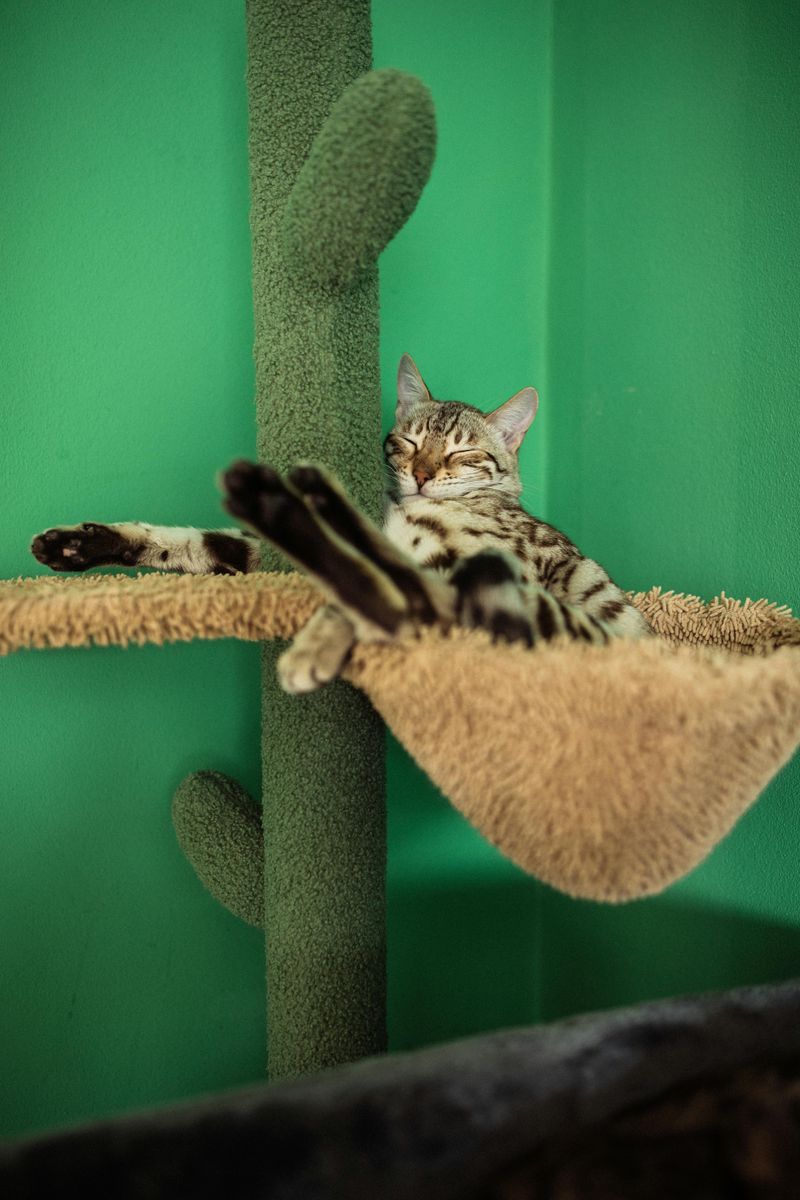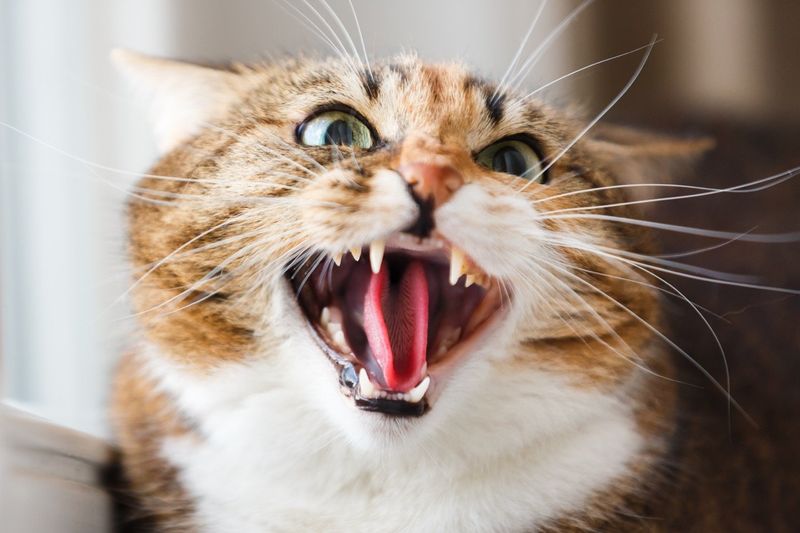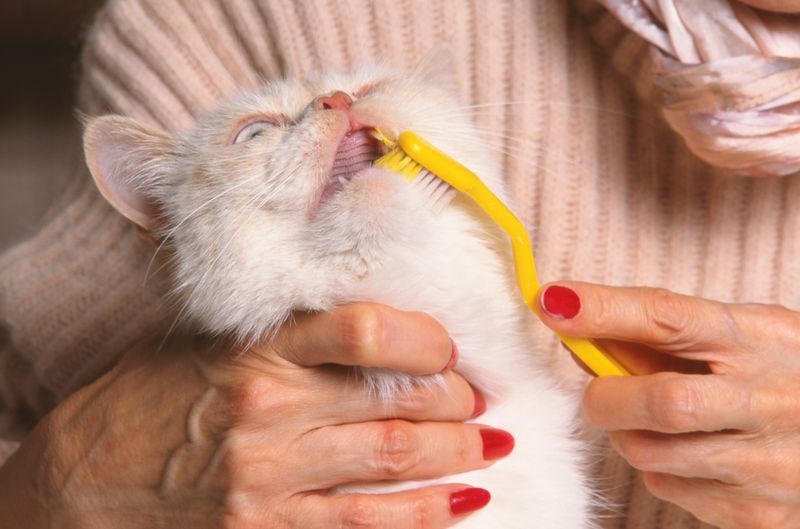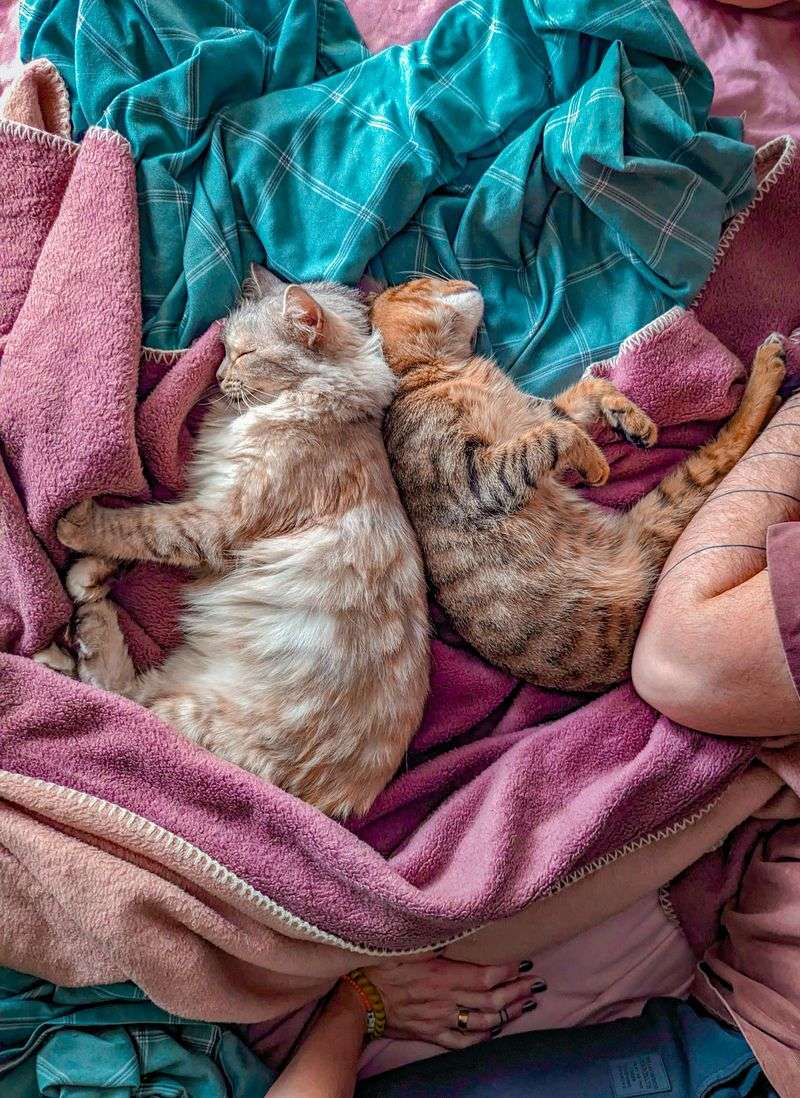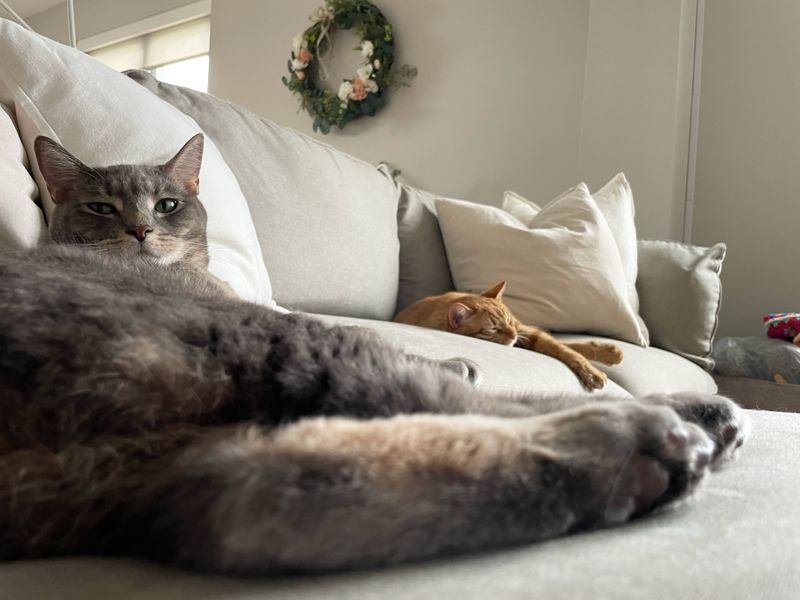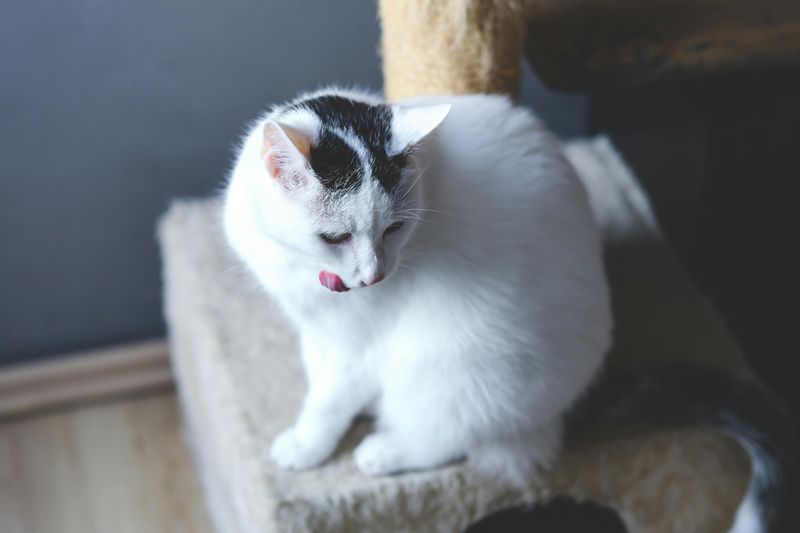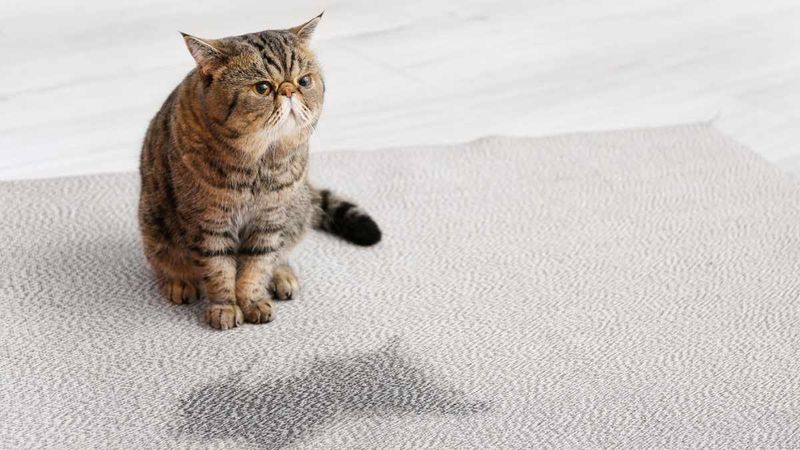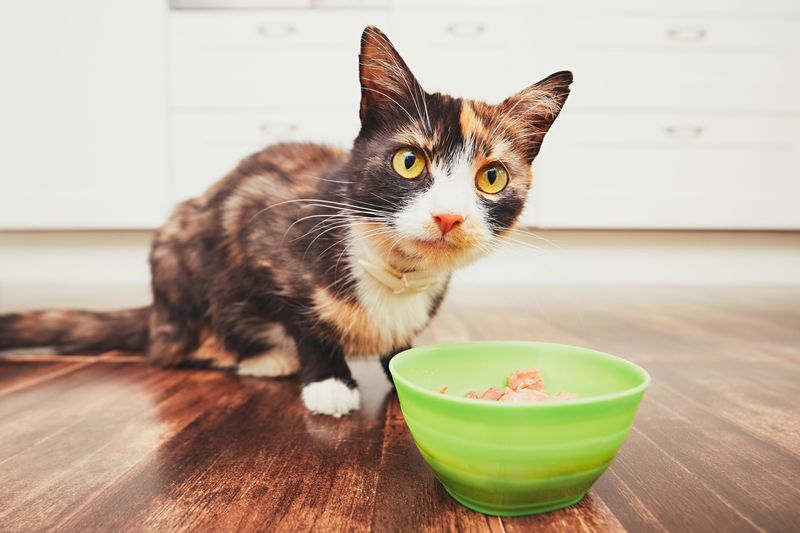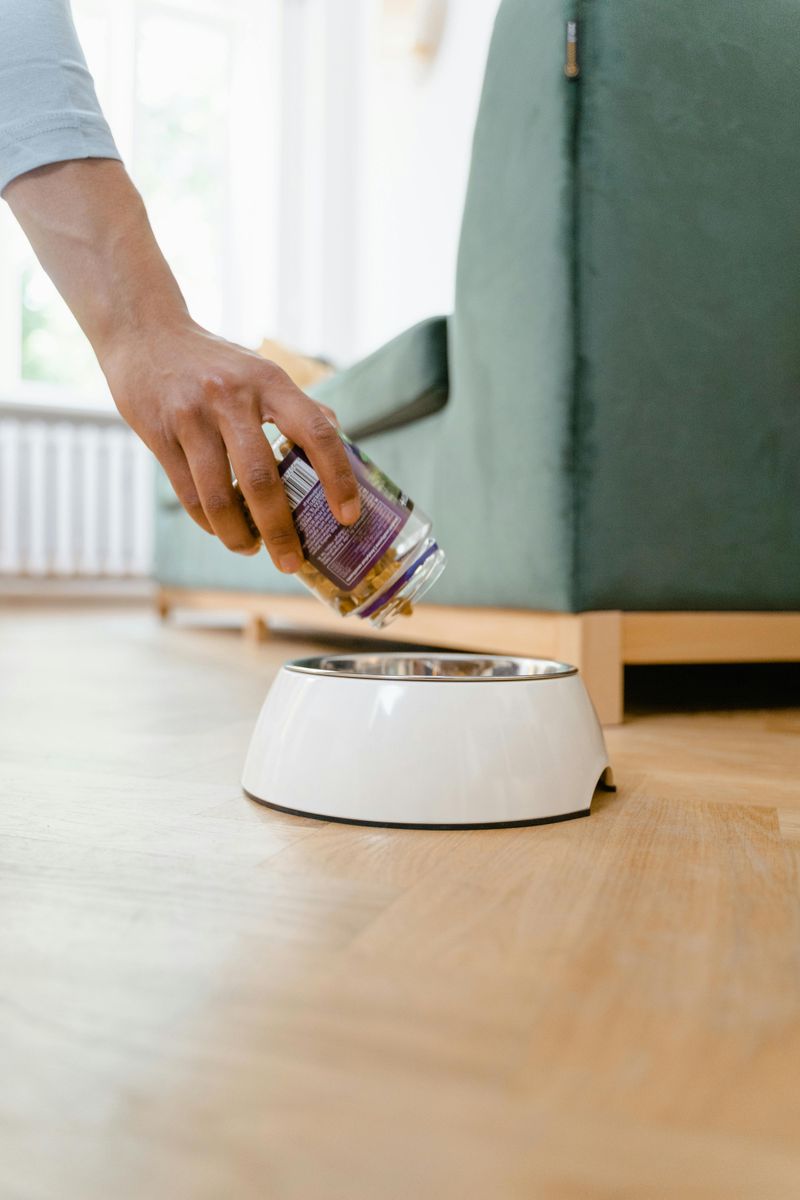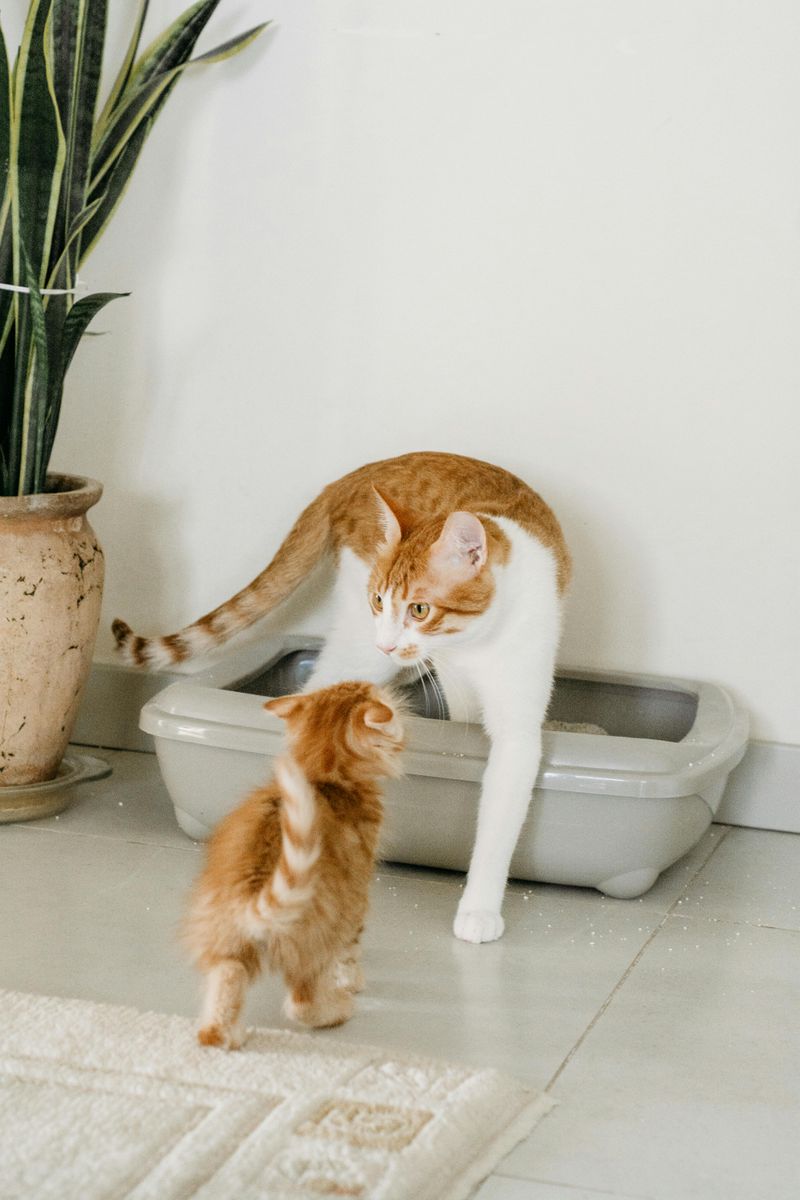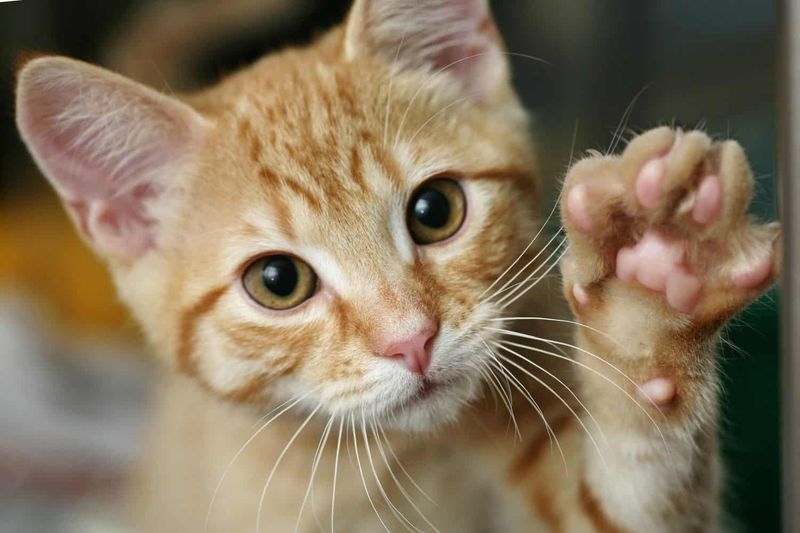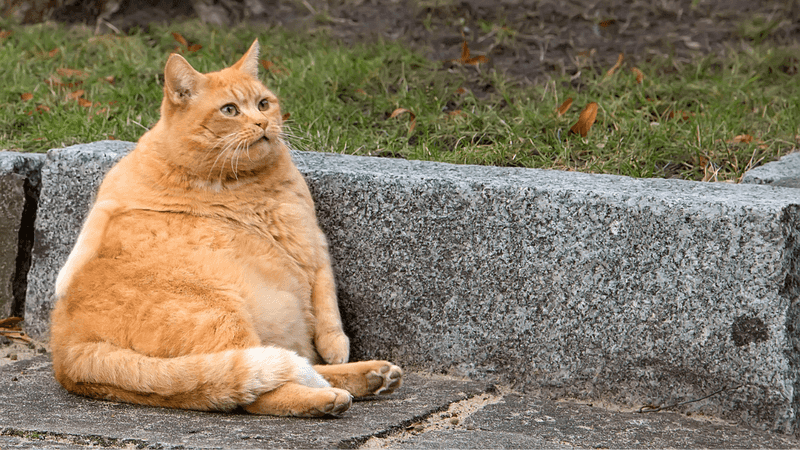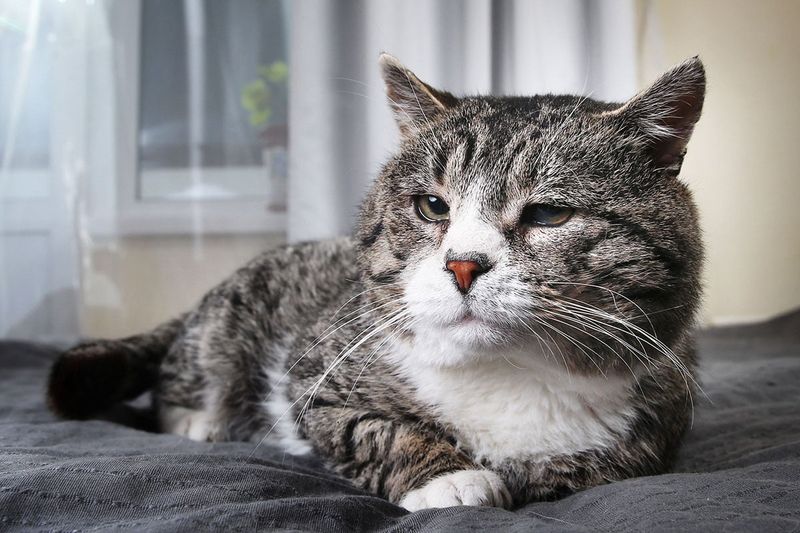Cats bring joy, companionship, and endless entertainment, but they can also introduce a variety of odors into your home. From the unmistakable scent of a dirty litter box to the lingering musk of fur and dander, these smells can become overwhelming if not properly managed. While some odors are simply a part of living with a feline friend, others may indicate health issues or maintenance problems that require attention.
Understanding the sources of these odors is the first step toward keeping your home fresh and pleasant. Some smells, like spraying or urine outside the litter box, may be linked to behavioral or medical concerns, while others, such as bad breath or excessive shedding, can stem from diet and hygiene. Identifying the root cause allows pet owners to address the issue effectively, whether through cleaning solutions, environmental adjustments, or veterinary care.
From simple fixes like upgrading your litter box setup to more involved solutions like improving your cat’s grooming routine, each suggestion aims to create a cleaner and more comfortable living space. With the right approach, you can enjoy all the benefits of cat ownership without the unwanted smells.
1. Dirty Litter Box
A dirty litter box is a top contender for unpleasant smells. Regular scooping is crucial, ideally once or twice daily, to keep odors at bay. Use clumping litter for easier maintenance. Choose a litter with odor-neutralizing properties to enhance freshness. Consider a litter box with a cover to contain smells. A washable mat underneath can catch litter particles. Replace all litter weekly and scrub the box with pet-safe detergent. Ensure the box is dry before refilling. A clean litter box not only reduces smells but encourages your cat to use it regularly.
2. Litter Box Placement
Choose a well-ventilated area, avoiding high-traffic zones to reduce smell impact. A location with natural light aids in keeping the area fresh. Avoid placing food and water bowls nearby, as mixing food scents with litter odors can be unpleasant. For multi-story homes, consider a litter box on each floor to prevent accidents. Regularly change the liner or mat underneath to prevent odors. Strategic placement not only minimizes smells but promotes healthy bathroom habits for your cat.
3. Excess Shedding
Shedding can contribute to odors in the home. Regular grooming helps control this. Brush your cat frequently, especially during seasonal shedding periods. Use grooming tools suitable for your cat’s coat type to remove loose fur efficiently. Vacuum and clean areas where your cat spends time to reduce fur buildup. Consider an air purifier to help with fur and dander. This routine keeps your home smelling fresh and reduces allergens, benefiting both your cat and family members.
4. Fur & Dander Accumulation in HVAC Systems
Fur and dander can clog HVAC systems, circulating odors. Regularly replace filters, ideally every one to three months. Choose filters designed to capture pet dander and fur. Schedule professional duct cleaning annually to prevent buildup. Ensure vents are unobstructed to improve airflow and reduce odors. An air purifier can further assist in removing pet-related particles from the air. Regular maintenance not only enhances air quality but prolongs the life of your HVAC system. This proactive approach ensures a fresher smelling home.
5. Oily or Dirty Fur
Regular bathing is essential, using a gentle cat shampoo. Brush your cat before baths to remove excess fur and tangles. Ensure water is lukewarm to keep your cat comfortable. Thoroughly rinse shampoo to prevent skin irritation. Dry your cat with a towel and let them groom in a warm space. Regular grooming sessions between baths help maintain a fresh-smelling coat. If odors persist, consult a vet to rule out skin conditions.
6. Skin Infections
Skin infections in cats can cause strong odors. Regularly check your cat’s skin for signs of redness, flakiness, or unusual smells. Consult a veterinarian if you suspect an infection. Treatment often involves antibiotics or medicated shampoos. Keep your cat’s environment clean and stress-free to prevent recurrent infections. Ensure your cat’s diet supports healthy skin. Regular grooming helps identify issues early. Addressing skin infections promptly not only eliminates odors but improves overall cat health.
7. Anal Gland Issues
Cats usually express their glands naturally, but sometimes they require help. If your cat scoots or licks its rear excessively, consult a vet. They can express the glands manually if needed. Ensure your cat’s diet is very high in fiber to promote natural expression. Regular check-ups help monitor gland health. Addressing this issue promptly prevents discomfort and unpleasant smells, keeping your home more pleasant.
8. Repeated Spraying in the Same Spot
Cats may spray to mark territory, leaving strong odors. Clean sprayed areas with enzymatic cleaners to neutralize smell. Avoid ammonia-based products, as they can encourage repeated spraying. Provide multiple litter boxes to reduce territorial behavior. Neuter or spay your cat to decrease spraying likelihood. Ensure your cat feels secure in its environment, reducing stress-induced marking. Consistent cleaning and providing a stress-free space helps manage this behavior, keeping your home odor-free.
9. Diet-Related Odors
Diet significantly affects your cat’s smell. High-quality, balanced diets help maintain a healthy coat and reduce odors. Avoid food with artificial additives, as they can cause digestion issues and bad breath. Introduce new foods gradually to prevent stomach upsets. Fresh, clean water is vital for digestion and odor control. Monitor your cat’s reaction to food changes and consult a vet for dietary advice. A well-managed diet not only enhances health but significantly reduces unwanted smells, creating a more pleasant living environment.
10. Bad Breath
Regular dental care is crucial. Brush your cat’s teeth with a pet-safe toothpaste several times a week. Provide dental treats or toys to help clean teeth. Regular vet check-ups include oral health assessments. Ensure your cat’s diet supports dental health. Monitor for signs of dental problems like difficulty eating or excessive drooling. Addressing bad breath early prevents serious health issues and keeps your cat’s mouth fresh!
11. Cat Beds & Blankets
Regular washing is key to maintaining freshness. Choose machine-washable materials and wash every few weeks. Use pet-safe detergents to prevent skin irritation. Sun-dry items when possible to enhance freshness. Rotate through different beds and blankets to reduce constant wear. Providing a clean, comfortable sleeping area not only reduces odors but enhances your cat’s comfort, contributing to a harmonious home environment.
12. Couch & Carpet Odors
Couches and carpets absorb odors over time. Regular vacuuming helps remove fur and dander. Use a steam cleaner on carpets for deep cleaning. Couch covers are great for protecting furniture and are easily washable. Use baking soda as a natural deodorizer before vacuuming to absorb smells. Professional cleaning services can provide thorough odor removal. Maintaining these areas ensures a fresher smelling home, fostering a comfortable living space for both you and your cat.
13. Scratching Posts & Toys
Scratching posts can become odorous over time. Regularly clean toys with pet-safe disinfectants. Replace worn or heavily soiled items. Scratching posts should be vacuumed and occasionally cleaned with a gentle cleaner. Rotate toys to keep your cat engaged and minimize wear. Providing clean, odor-free playthings not only reduces smells but ensures a stimulating environment for your cat. This proactive care fosters a balanced, joyful space for your pet.
14. Cat Pee and Vomit in Hidden Areas
Cat accidents in hidden areas can go unnoticed, causing persistent odors. Use a blacklight to detect urine spots. Clean with enzymatic cleaners to break down odor-causing compounds. Avoid steam cleaning, which can set stains and smells. Regularly check common hiding spots for accidents. Keeping these areas clean prevents odors and related health issues. This vigilance ensures a fresher home atmosphere, improving overall comfort.
15. Food & Water Bowls
Cats’ bowls can develop odors if not cleaned properly. Opt for stainless steel or ceramic bowls, as they are less likely to retain smells compared to plastic. Wash bowls daily with hot water and mild soap. Ensure food storage containers are airtight to keep food fresh. Regularly change water to prevent stagnation. Proper bowl maintenance significantly reduces food-related odors, supporting a hygienic feeding area for your cat.
16. Rotting Leftover Wet Food
Serve portions your cat can finish in one sitting. Refrigerate leftovers promptly and discard after 24 hours. Rinse dishes immediately to prevent residue buildup. Consider using a shallow dish to spread food, reducing exposure to air and slowing spoilage. Proper handling of wet food not only reduces smells but ensures your cat enjoys fresh, nutritious meals.
17. Litter Tracked Around the House
Litter tracking can spread tiny particles throughout your home, leading to unwanted mess and odors. Placing a specialized mat outside the litter box helps trap stray litter before it spreads. Regular vacuuming in areas your cat frequents will further reduce debris buildup. Opting for a litter box with high sides or a top-entry design can help contain scattered litter more effectively. Choosing a low-tracking litter type also minimizes the mess, keeping floors cleaner. A combination of thoughtful product choices and consistent cleaning ensures a tidier home with fewer litter-related odors.
18. Dirty Paws
Regularly check and clean your cat’s paws, especially after their outdoor adventures. Use a damp cloth to gently wipe away dirt and debris. Consider a shallow water dish for your cat to step in before entering the main house. Keeping paws clean not only reduces odors but prevents potential health issues from ingested dirt. This routine ensures a cleaner, more pleasant home environment.
19. Excessive Gas (Flatulence)
Excessive gas can be bothersome. Diet plays a key role in managing this issue. Identify and eliminate foods causing digestive upset. Introduce fiber-rich foods gradually to aid digestion. Consult a vet for digestive supplements or probiotics. Ensure your cat’s diet is balanced, promoting a healthy gut. Providing fresh water and regular exercise also supports digestion. Managing your cat’s diet effectively reduces gas and associated odors, contributing to a more comfortable living space.
20. Unkempt Senior Cats
Grooming challenges in senior cats can contribute to lingering odors over time. Assist with regular grooming to maintain a clean coat. Use soft brushes suited for older cats’ sensitive skin. Monitor for signs of arthritis or other health issues affecting grooming ability. Provide a comfortable space with supportive surfaces. Regular vet visits help manage health changes. Assisting your senior cat in grooming not only reduces smells but enhances its quality of life, ensuring a happy, healthy environment.

